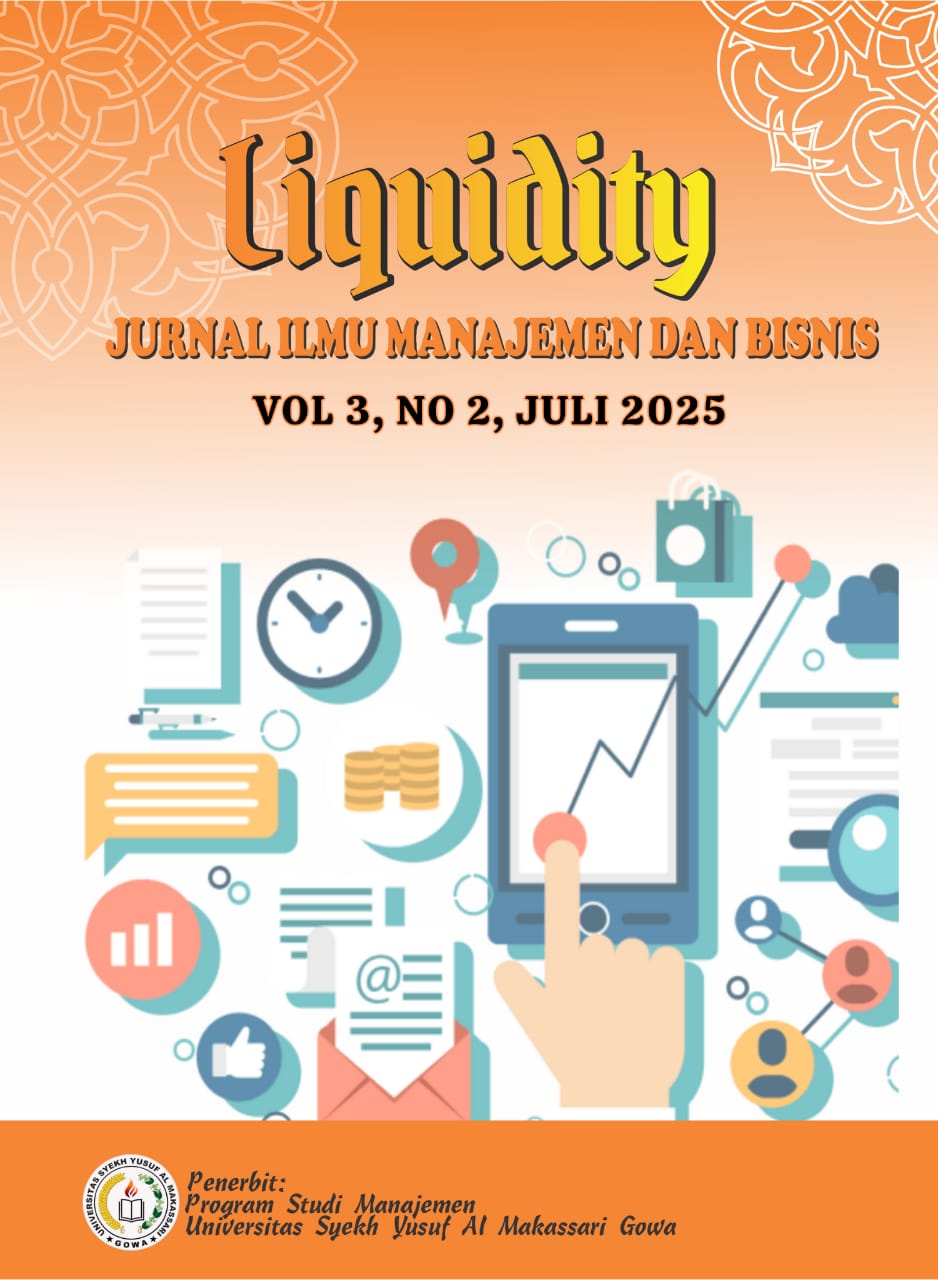DETERMINANTS OF LABOR ABSORPTION IN THE PROCESSING INDUSTRY: EVIDENCE FROM SOUTH SULAWESI’S INDUSTRIAL GROWTH AND MINIMUM WAGE POLICIES
Abstrak
This study investigates the critical relationship between industrial sector growth, provincial minimum wage (UMP) levels, and labor absorption within the processing industry of South Sulawesi Province from 2010 to 2018. The research was guided by the objective to empirically determine the extent to which industrial expansion and wage policies influence job creation in this key economic sector. Utilizing quantitative methods, a time-series analysis was conducted employing multiple linear regression on secondary data obtained from the Central Statistics Agency (BPS) of South Sulawesi. The analysis included rigorous testing for classical assumptions such as normality, multicollinearity, autocorrelation, and heteroscedasticity to ensure the reliability of the findings. The primary results indicate a significant positive influence of industrial sector growth on labor absorption, confirming its role as a crucial driver of employment. However, the study found that the provincial minimum wage did not have a statistically significant impact on labor absorption during the period, despite a negative coefficient. The findings underscore the importance of fostering industrial growth as a strategy for job creation in regions like South Sulawesi, while highlighting the need for carefully calibrated wage policies that align with economic productivity to support sustainable employment. This research contributes empirical evidence specific to a developing regional context, informing both academic understanding and policy development in labor market dynamics.














